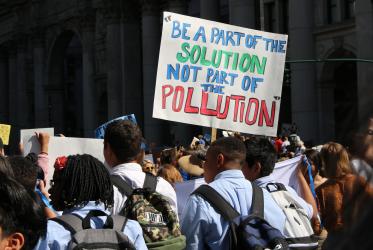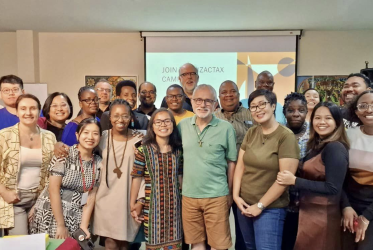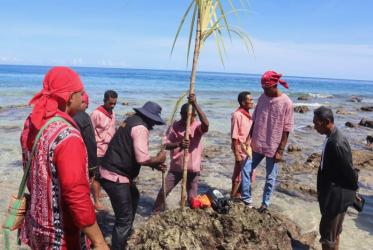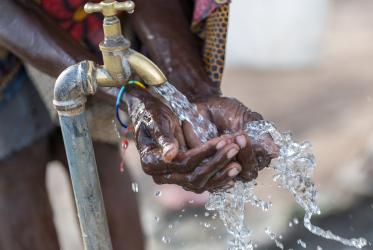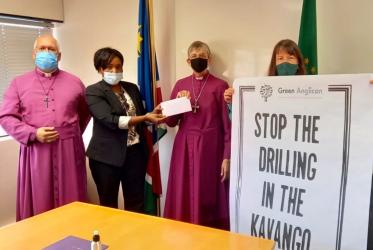Displaying 1 - 20 of 156
WCC to share key insights at World Social Forum
09 February 2024
GEM School explores how to make new economic world order a reality
08 September 2023
South Sudanese Churches shelter populations displaced by floods
23 September 2021


